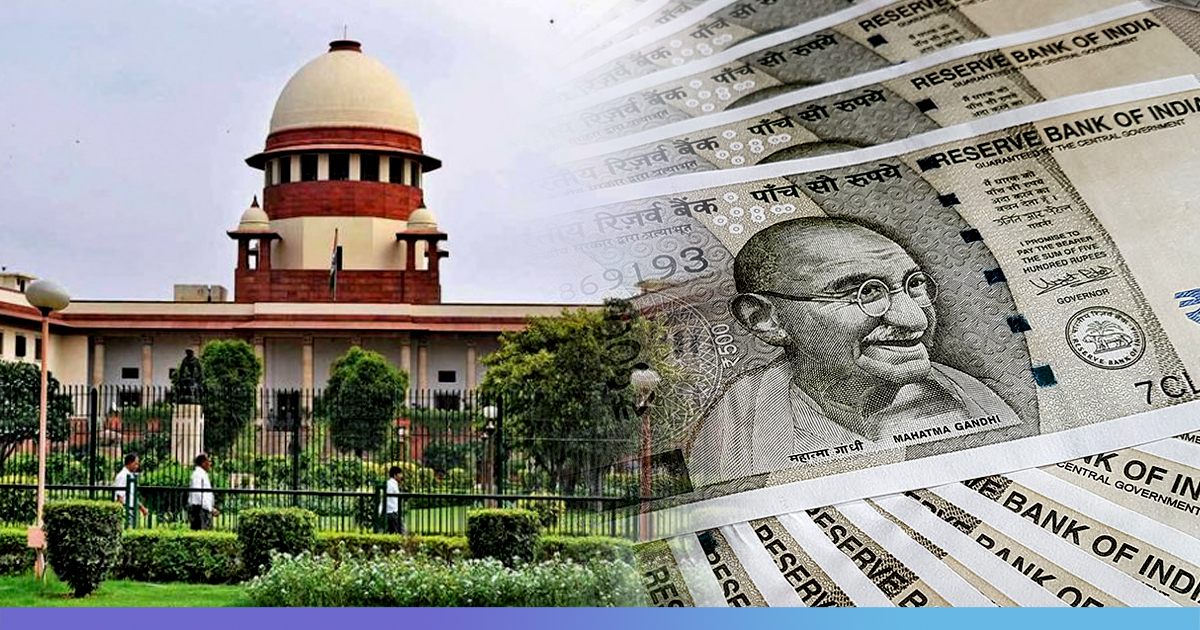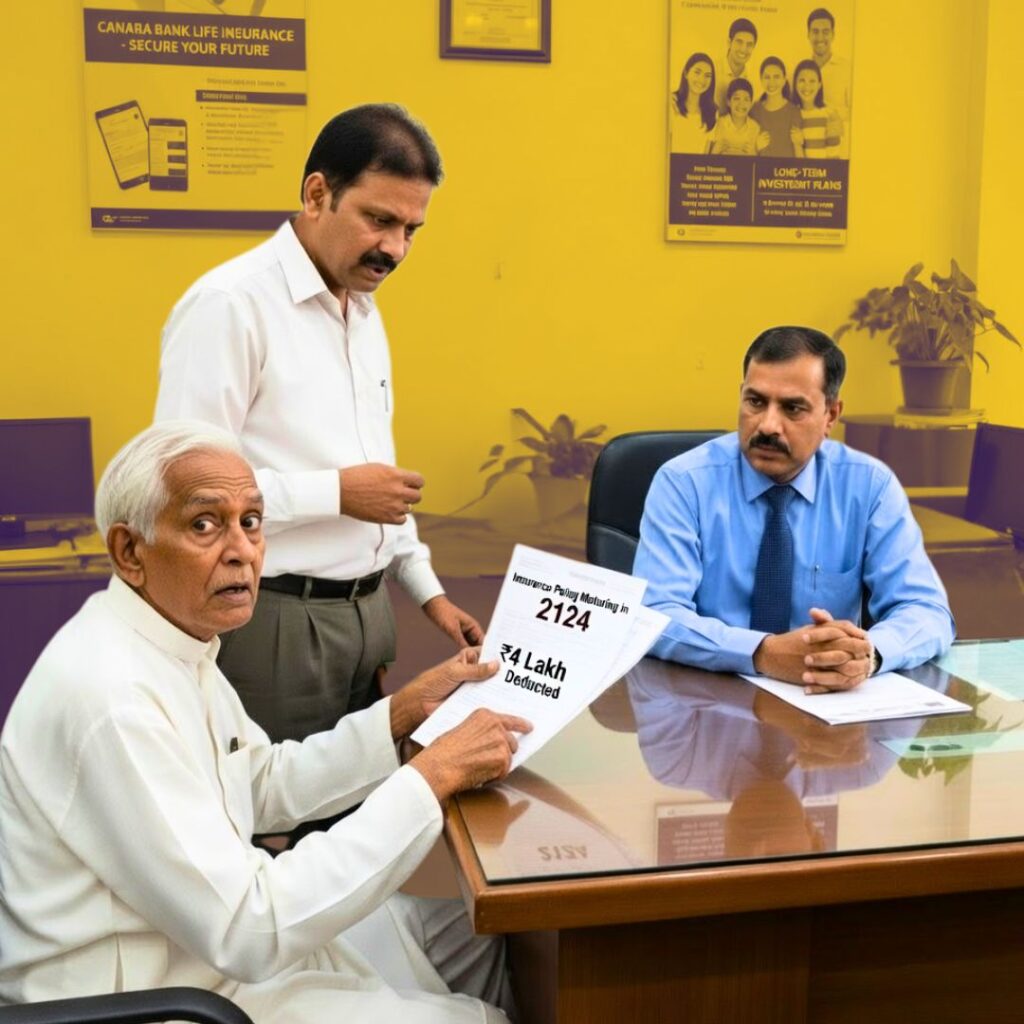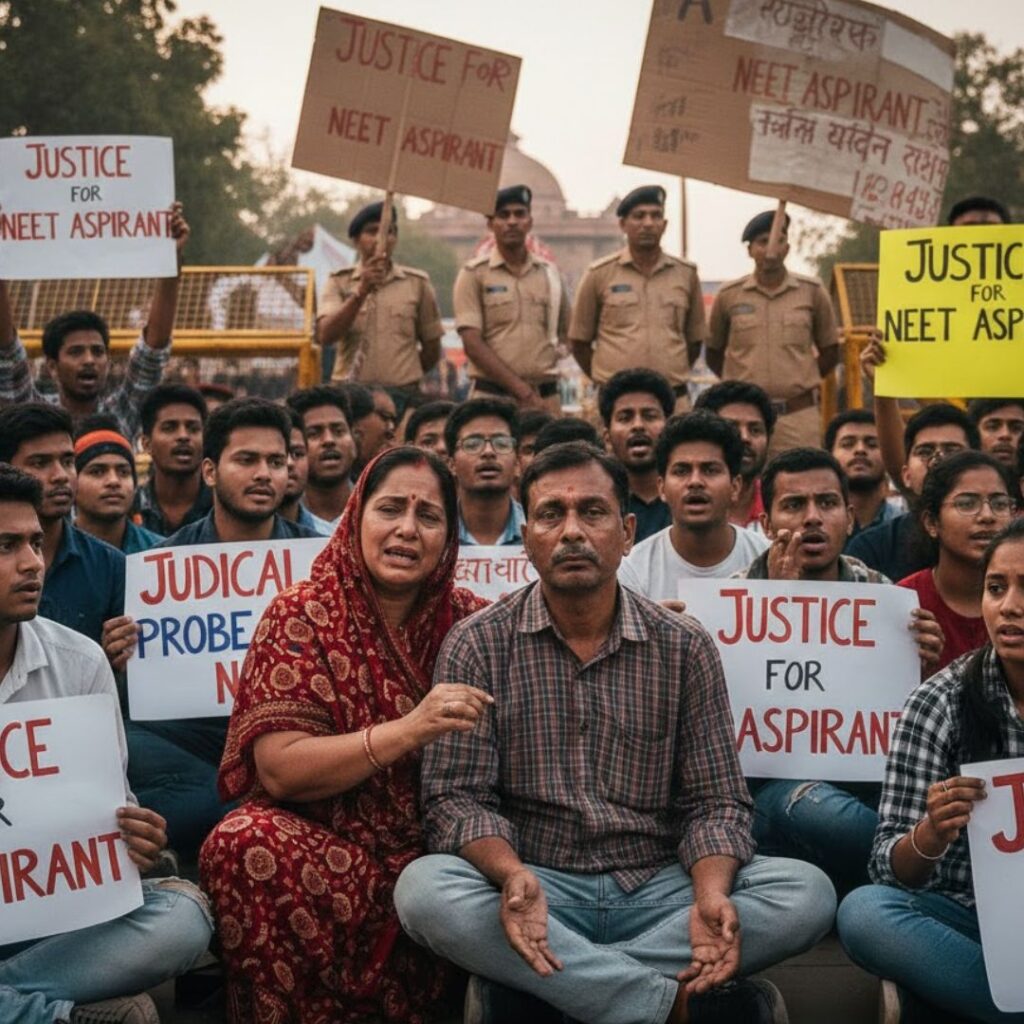On April 14, the Supreme Court directed all the political parties to furnish details of donations received via electoral bonds. The SC further asked for the details of the donors to be handed out to the Election Commission in a sealed cover.
The parties have also been asked to provide the details of the amount of the bond and bank accounts of donors to the poll panel by May 30. The SC’s judgment came while hearing a PIL filed by the NGO Association of Democratic Reforms (ADR).
This announcement comes a day after Attorney General KK Venugopal while representing the government said that voters need not know where the money came from.
Give details of electoral bonds: SC to parties
The court has said that it would examine the changes made in the Income Tax Law, the electoral law and banking laws to conform with the electoral bond scheme and also to ensure that it does not favour any particular political party.
SC has also directed the Finance Ministry to reduce the period of purchasing electoral bonds from 10 days to five days, further that it would decide on the date for final disposal of petition by NGO on a later date.
“Voters need not know”
On April 11, the Supreme Court reserved its order on a Public Interest Litigation (PIL) which challenged the electoral bonds scheme. This PIL was filed by NGO Association of Democratic Reforms (ADR).
The court said that the verdict on this would now be pronounced on April 12. However, one of the main highlights of this court hearing remains to be Attorney General KK Venugopal’s, who is representing the government, comment.
He told the court, “It is not voters’ concern to know where the money comes from. Transparency cannot be looked as a mantra. What are the realities of the country? This is a scheme that will eliminate black money from the election,” as reported by LiveLaw.
AG KK Venugopal had said that the purpose of electoral bonds was to eliminate the use of black money in elections. He called the scheme to be a matter of policy decision of the government and that “no government can be faulted for taking policy decisions.
The Supreme Court bench headed by Chief Justice of India (CJI) Ranjan Gogoi asked AG if the bank issues electoral bond, it will have the details of the bond being issued. To this AG replied in negative. To this CJI Gogoi said that in that case, the “entire exercise of trying to fight black money becomes futile”.
Also Read: “Not Voters’ Concern To Know Where Money Comes From In Politics” Centre To SC On Electoral Bonds













